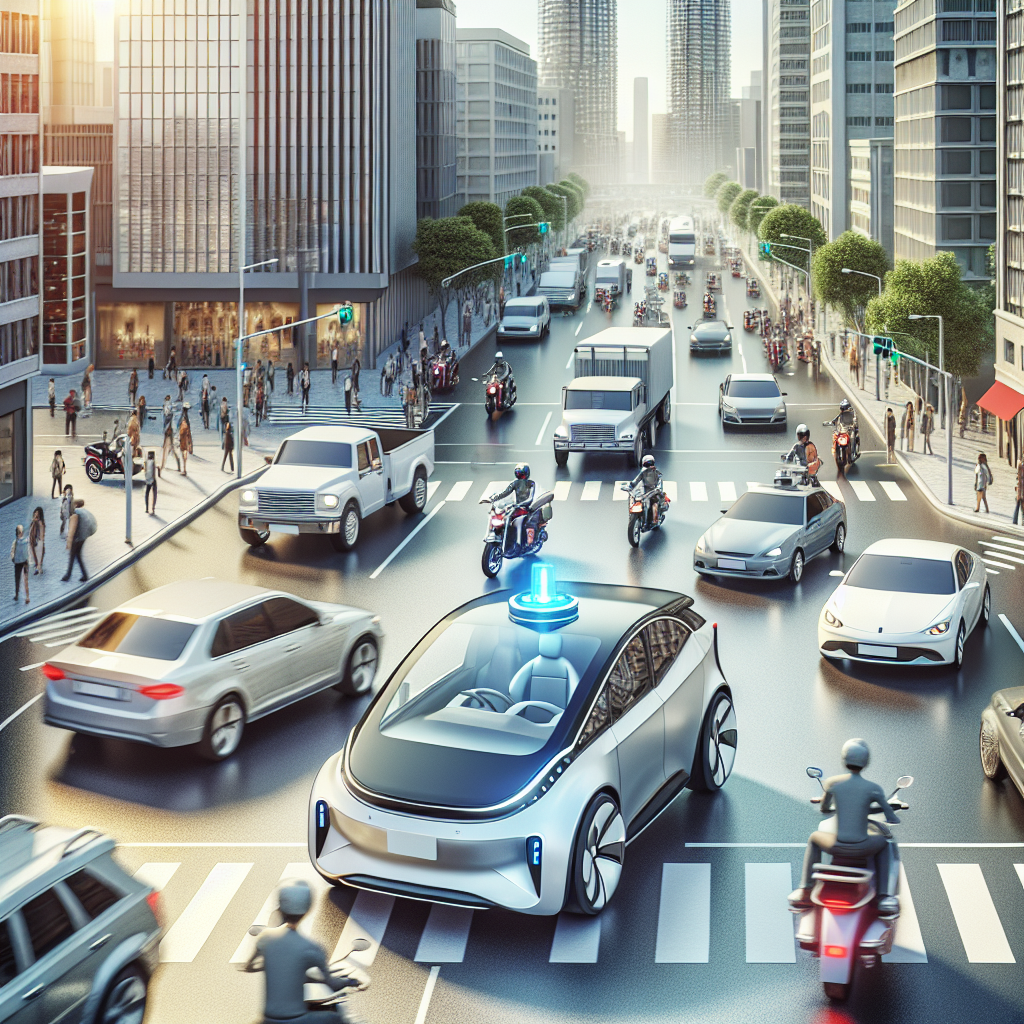Imagine walking the bustling streets of Tokyo as silent electric cars hum past or strolling in New York amidst sleek autonomous buses plying on their dedicated routes. This is not a sci-fi movie’s scene but an impending reality reflecting the cultural shift happening in transportation technology.
The Breaking Story
A recent report unveils remarkable leaps in tech-driven transport solutions. Leading automakers are now investing heavily into AI-enhanced electric vehicles, while startups explore cutting-edge possibilities like drone taxis and hyperloop systems.
Immediate Impact
The immediate impact is evident – commuting experiences are being refined across global cities with these green, efficient innovations commanding significant attention.
Key Players Involved
Besides auto-giants Tesla, Toyota, and Volkswagen stepping up their R&D efforts for smart mobility solutions, Uber has announced its ambitions for flying car services by 2023.
What We Know So Far h2 >< p >Investments in self-driving technologies have surpassed $100B globally. Maturity levels vary though-while autonomous cars are emerging commercially; driverless air taxis still remain largely conceptual. p >< h2 >Public Reaction h2 >< p >The public’s reaction ranges from enthusiastic embrace to skeptical caution amid concerns about safety protocols and job losses due to automation. p >< h 2 >Expert Analysis h 2 >< p >Experts affirm that while challenges persist, these technological transformations promise greater accessibility, mobility equity along with environmental benefits if managed wisely. p >< h2 >What Happens Next h2 >< p >The next stages involve prioritizing regulatory frameworks, infrastructure readiness and public acceptance with an intent to harmonize these breakthrough technologies into everyday life. p >< h 2 >Broader Implications h 2 >< p >Beyond the obvious implications for commuting, these advancements could lead towards more balanced urban development, reduced carbon emissions and increased work productivity through reduced travel times.
Historical Context
The current wave of transportation innovation is reminiscent of early 20th century’s automobile revolution which profoundly transformed societies. However, this era seems geared towards not just change in mediums but also operations – from driver-led to intelligent automation.
Moving Forward
Moving forward it’s paramount that we balance our enthusiasm for novel transport technology with a thoughtful assessment of their societal impacts. This calls for active stakeholder participation including citizens, industry and government to shape a future mobility ecosystem that aligns with our collective needs and values.

